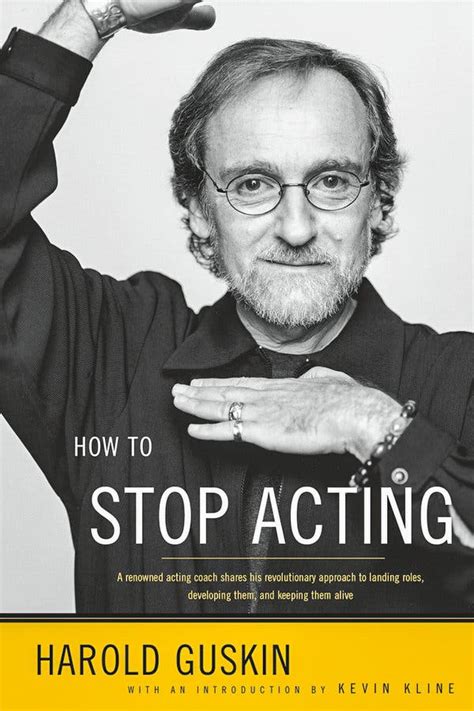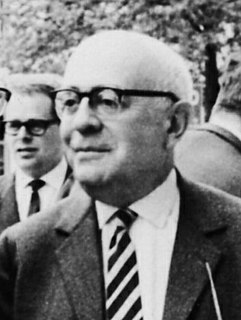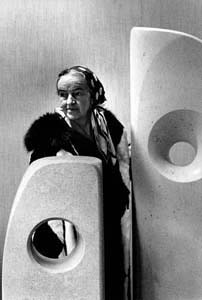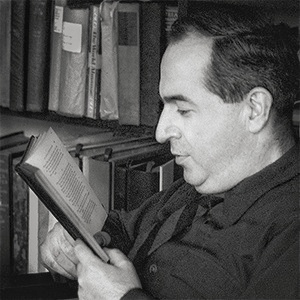A Quote by W. H. Auden
If music in general is an imitation of history, opera in particular is an imitation of human willfulness; it is rooted in the fact that we not only have feelings but insist upon having them at whatever cost to ourselves. The quality common to all the great operatic roles, e.g., Don Giovanni, Norma, Lucia, Tristan, Isolde, Br?nnhilde, is that each of them is a passionate and willful state of being. In real life they would all be bores, even Don Giovanni.
Related Quotes
If it really was Queen Elizabeth who demanded to see Falstaff in a comedy, then she showed herself a very perceptive critic. But even in The Merry Wives of Windsor, Falstaff has not and could not have found his true home because Shakespeare was only a poet. For that he was to wait nearly two hundred years till Verdi wrote his last opera. Falstaff is not the only case of a character whose true home is the world of music; others are Tristan, Isolde and Don Giovanni.
Religion is not an imitation of Jesus or Mohammed. Even if an imitation is good, it is never genuine. Be not an imitation of Jesus, but be Jesus, You are quite as great as Jesus, Buddha, or anybody else. If we are not ... we must struggle and be. I would not be exactly like Jesus. It is unnecessary that I should be born a Jew.
Music expresses feeling, that is to say, gives shape and habitation to feeling, not in space but in time. To the extent that music has a history that is more than a history of its formal evolution, our feelings must have a history too. Perhaps certain qualities of feeling that found expression in music can be recorded by being notated on paper, have become so remote that we can no longer inhabit them as feelings, can get a grasp of them only after long training in the history and philosophy of music, the philosophical history of music, the history of music as a history of the feeling soul.
If you are to do justice to [the great roles], you must fly up to them - rather than dragging them down to you - by expanding your range of knowledge and strengthening your imagination. Your imagination must become as real to you as your memories and feelings. What you take into yourself about psychology, politics, sociology, history and so on, will allow you to reach places in yourself you didn't know existed. No line, no image, no thought can be left general. Each must be specific and personal. Your work is not complete until this is so.
I started realizing that one of the great things about opera is that if you make the right kind of story, you can still have this kind of abstract subliminal quality to take you on a journey, but you can root it just enough in a particular situation, a particular kind of real situation that a person might have, or a particular context in the real world.






































